Fasting the month of Ramadan was made obligatory during the Islamic month of Sha’ban, in the second year after the Muslims migrated from Makkah to Medina (624 AD). Since then, believers in Islam have committed to fasting from the Fajr or pre-dawn prayer, to the Maghrib or sunset prayer; for 29 or 30 days consecutively.
The Qur’an says: “You may eat and drink until the white thread becomes distinguishable to you from the dark thread at dawn. Then you shall maintain the fast until the night.” (Surat Al-Baqarah 2:187).

Ramadan is the ninth month of the Islamic calendar and recognised across the world as the holy month of fasting. Quite often, it comes with numerous questions from non-Muslim friends and neighbours, about the significance of the month:
“Why do you fast during Ramadan? Why is Ramadan important? What…not even water?”
Learning how to answer these questions competently is a good idea – not only for good dawah, but because it offers a useful opportunity to renew your own intentions for the coming month. Reminding yourself of the essence of Ramadan is a great opportunity to reconnect with your spiritual soul and ensure that you are more likely to maximise your rewards from it.
Fasting the month of Ramadan was made obligatory during the Islamic month of Sha’ban, in the second year after the Muslims migrated from Makkah to Medina (624 AD). Since then, believers in Islam have committed to fasting from the Fajr or pre-dawn prayer, to the Maghrib or sunset prayer; for 29 or 30 days consecutively.
The Qur’an says: “You may eat and drink until the white thread becomes distinguishable to you from the dark thread at dawn. Then you shall maintain the fast until the night.” (Surat Al-Baqarah 2:187).
In this way, Muslims renounce many things that bring them enjoyment throughout the year, for this month alone. Abstaining from all food, drink, and marital relations, as well as vices such as smoking, creates a closeness between the slave and their Creator. They give up much of what is beloved to them, in order to become beloved to Him.
Ramadan constitutes a highly spiritual period where additional good deeds are hastened to, for example recitation of the Quran, giving in charity and standing the nights in prayer. It also acts as a contractual agreement between Allah (SWT) and his slave.
The Prophet Muhammad (PBUH) said:
“(Allah says about the fasting person), ‘He has left his food, drink, and desires for My sake. The fast is for Me. So, I will reward (the fasting person) for it and the reward of good deeds is multiplied ten times.’” (Bukhari).
Muslims realise that it will never be easier to attain the pleasure of their Lord, than in doing abundant good deeds during this month.
Ultimately though, Muslims fast the month of Ramadan because it has been clearly ordained for us in the Quran. It represents one of the five pillars of our Deen, which distinguish Muslims from the followers of all other religions. These five pillars demonstrate our obedience to our Lord and his Messenger (sallallahu ‘alyhi wasalam).
“O you who have believed, decreed upon you is fasting as it was decreed upon those before you, that you may become righteous”
(Surat Al-Baqarah 2:183)
“And fast, it is better for you, if only you knew” (Surat Al-Baqarah, 2:184)
“The month of Ramadan [is that] in which was revealed the Qur’an, a guidance for the people and clear proofs of guidance and criterion. So, whoever sights [the new moon of] the month, let him fast it; and whoever is ill or on a journey – then an equal number of other days. Allah intends for you ease and does not intend for you hardship and [wants] for you to complete the period and to glorify Allah for that [to] which He has guided you; and perhaps you will be grateful.” (Surat Al-Baqarah 2:185)
Ramadan is a pillar of faith. It is legislated upon us as per the verses mentiond above. It’s a time of drawing near to Allah through fasting, praying, reading the Quran and making dua. It’s also a time where the Prophet Muhammad (PBUH) was extremely generous and gave from his possessions in the way of charity.
May Allah ﷻ enable us to excel in the month of Ramadan, and accept our deeds. Ameen.
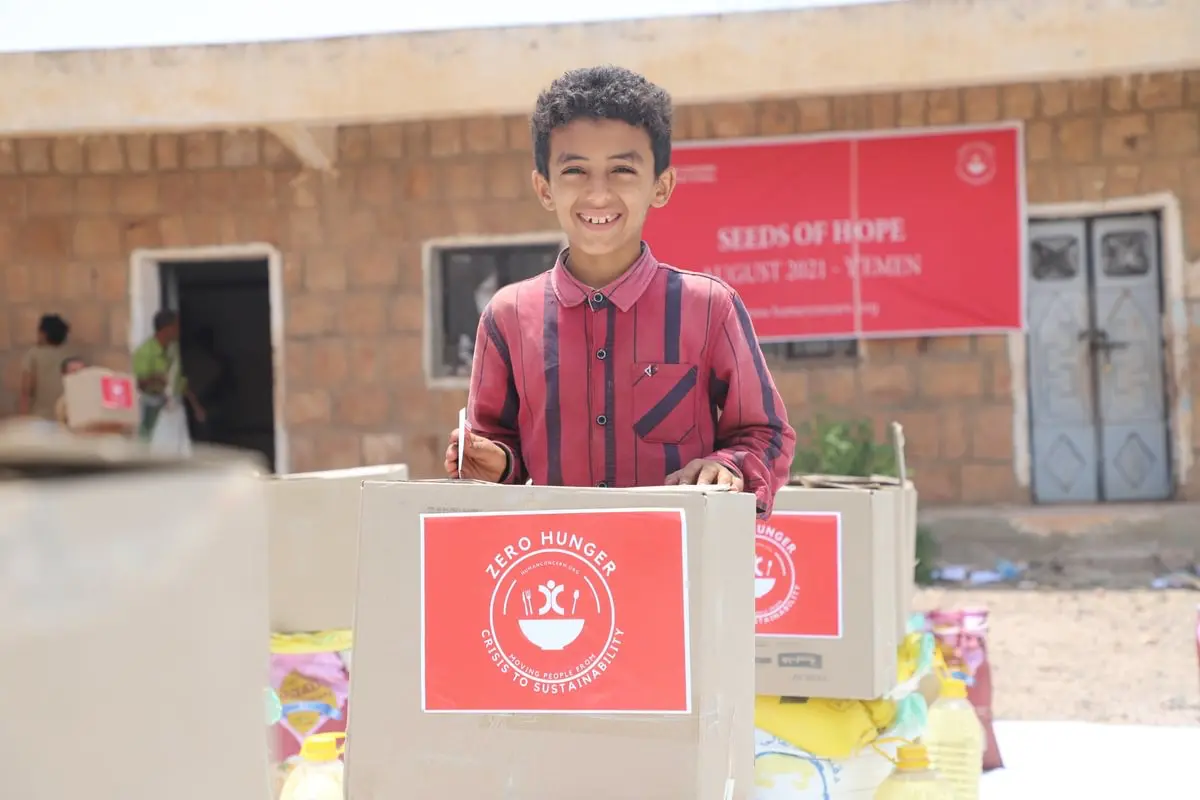
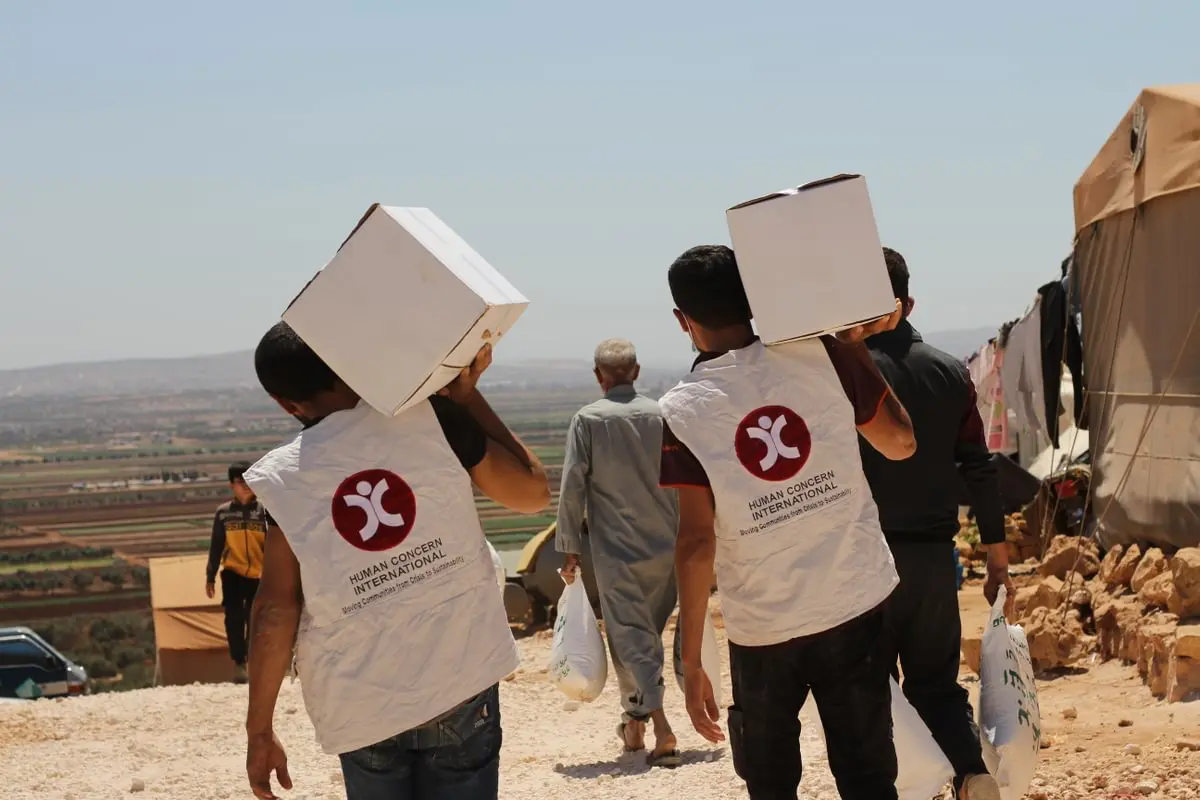
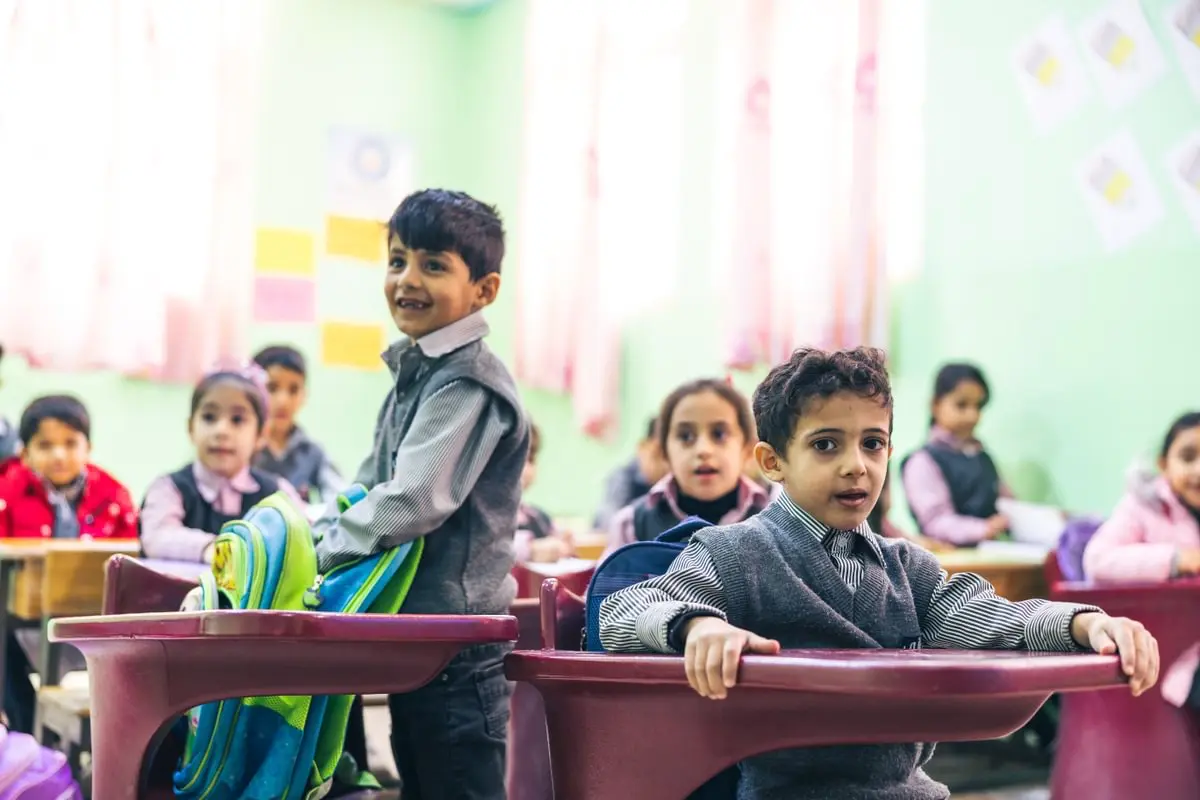



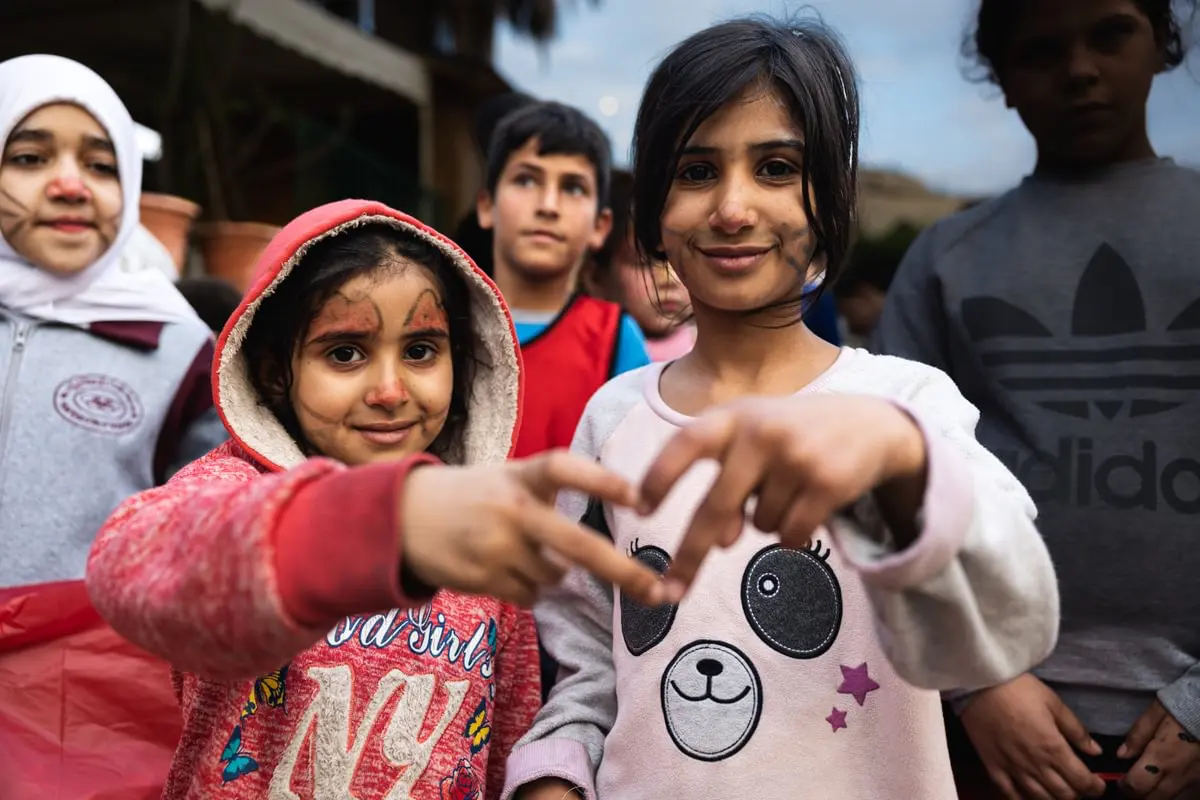
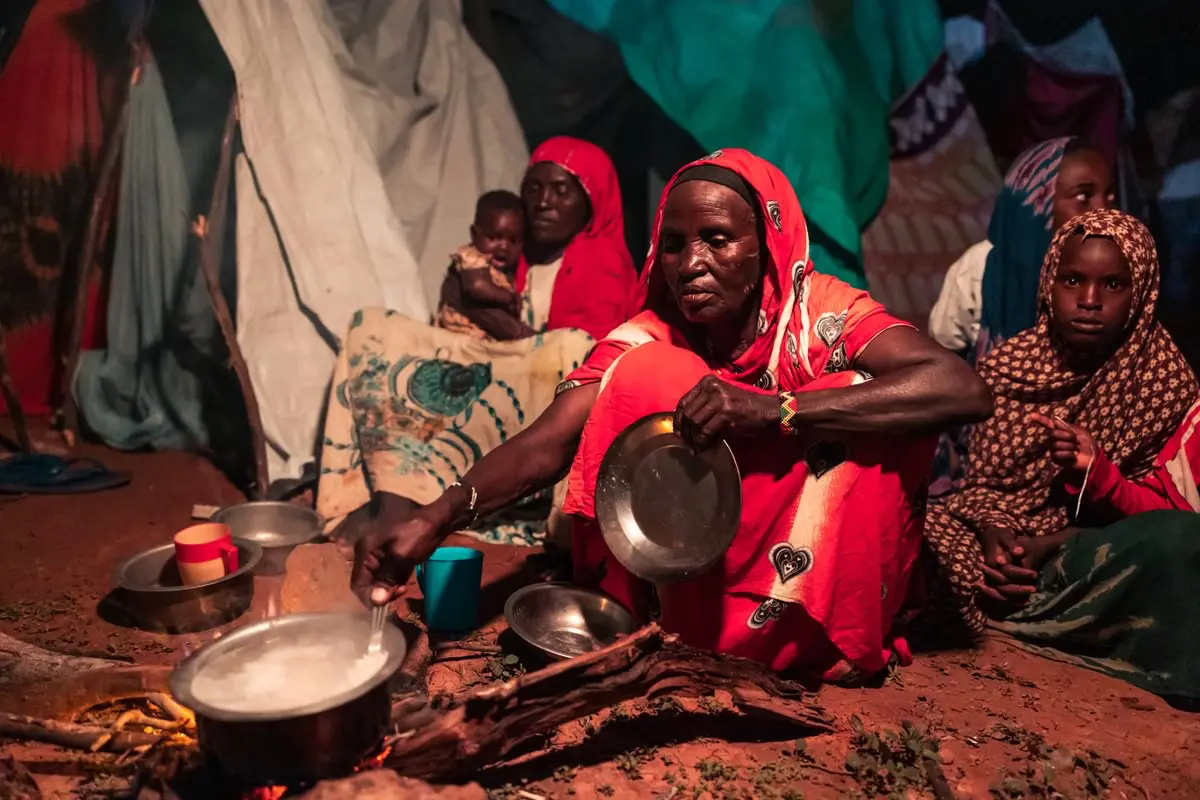
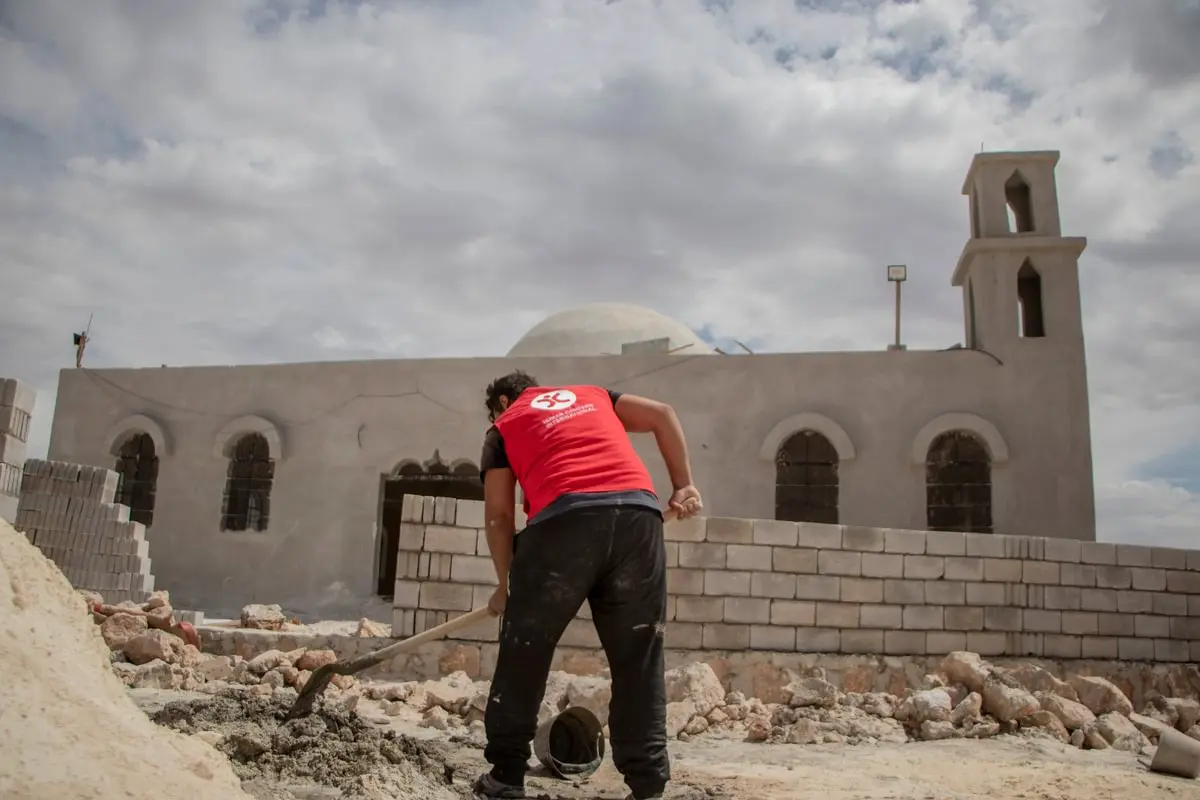
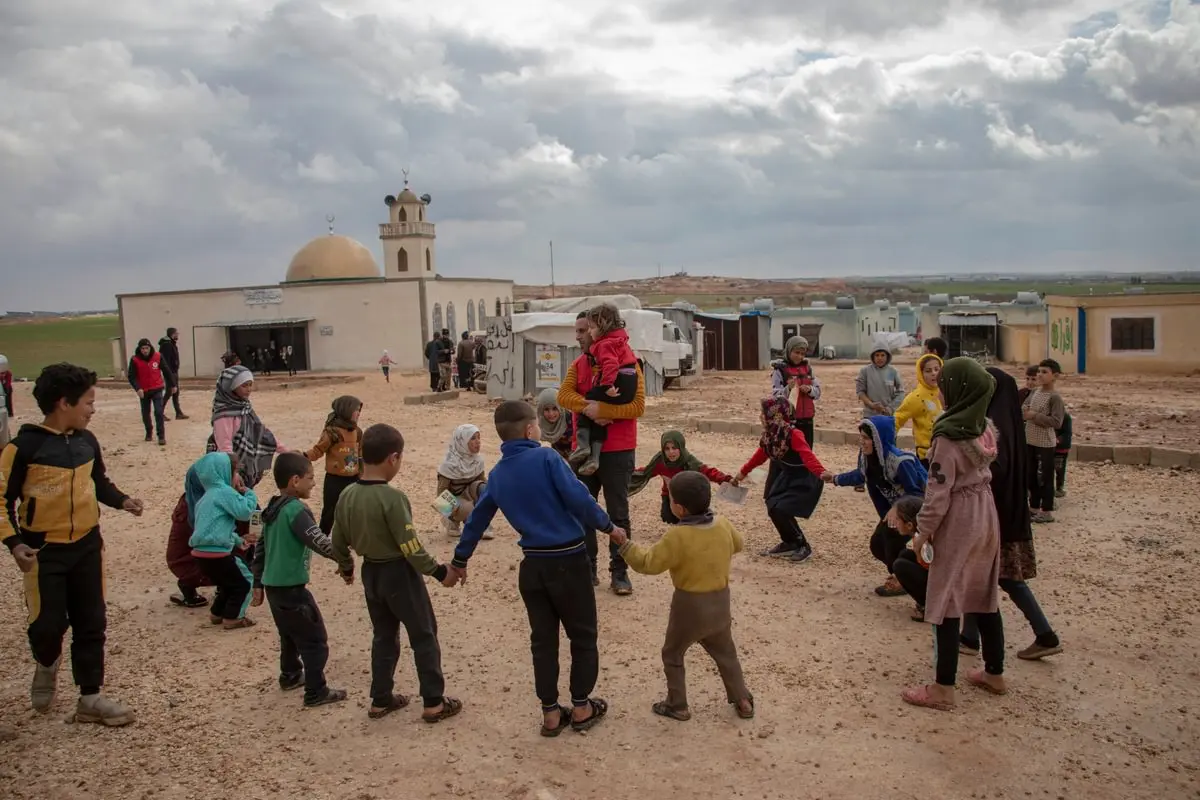


Human Concern International is the oldest Muslim relief organization in Canada, fighting poverty for over 40 years. We are a registered charity with the CRA. Charitable Registration No. 107497125 RR 0001